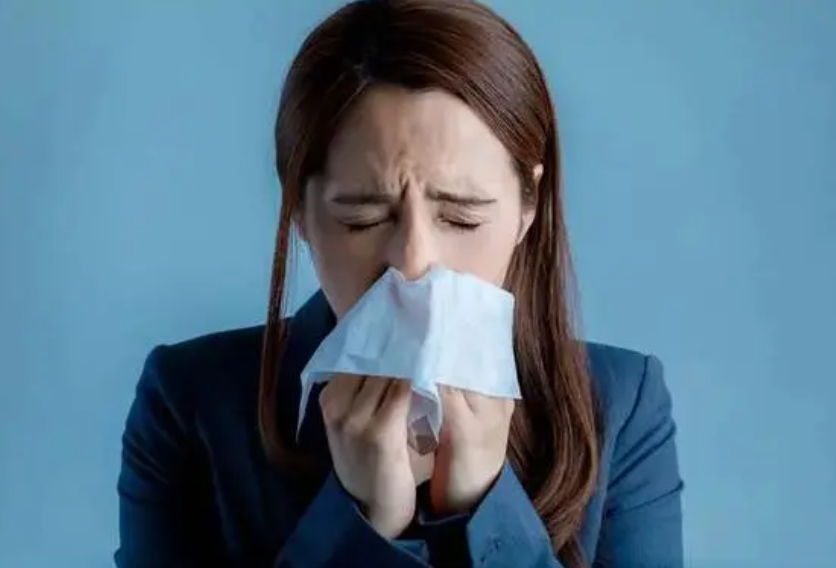
The temperature difference between morning and evening in spring is large, and it is easy to get sick, especially children. A small wind blows, a hit is three or five sneezes, some children will keep running nose.
"Is it a cold or a rhinitis?" Many parents are confused.
In such cases, parents do not have to worry too much, you can ask the child three questions: "headache?" "Are your muscles sore?" "Do you have a sore throat? If the answer is no, then the child may not have a cold, but allergic rhinitis.
Sneezing, runny nose, congestion and itchy nose are typical symptoms of allergic rhinitis, and are often accompanied by itchy eyes, itchy throat and other discomfort.
Allergic rhinitis is different from a cold in that it is not related to disease-causing bacteria and viruses, but only to allergens.
Spring is the high incidence season of allergic rhinitis, pollen spread, coupled with air pollution, dense population, reduced resistance and other factors make rhinitis patients more difficult in spring.If you can do a good job of self-care, from the lifestyle to reduce the cause of disease, you can greatly reduce the incidence of rhinitis.
The following prevention methods are recommended for patients with allergic rhinitis:
First, nasal irrigation:
Keeping the nasal cavity clean is the most important link to prevent the onset of rhinitis.
Rinsing the nasal cavity can help the nasal cavity clear mucus and various foreign bodies in the mucus, relieve nasal congestion, and relieve nasal dryness discomfort, which is especially important for patients with allergic rhinitis.
- Keep the indoor air moist
Open the window to ventilate the room 2-3 times a day to supplement the fresh air in the room. An air humidifier can be used to keep the indoor air humidity at about 50%.
Third, wear a mask:
Spring temperature changes quickly, should promptly add or reduce clothing, wear a mask when going out, to avoid cold air directly stimulate the nasal cavity, but also to maintain nasal humidity, while preventing colds.
Four, cold water face:
On fine days, you can increase outdoor activities and do more aerobic exercise.
Washing your face with cold water in the morning can also enhance the cold resistance of the nasal mucosa.
- Intake of vitamins:
Rhinitis patients should eat more fruits and vegetables to ensure the intake of B vitamins, carotene and vitamin C, nuts and other foods rich in vitamin E can effectively alleviate allergies and prevent immune function decline.
In addition, too greasy, salty, spicy food should be avoided as much as possible.

